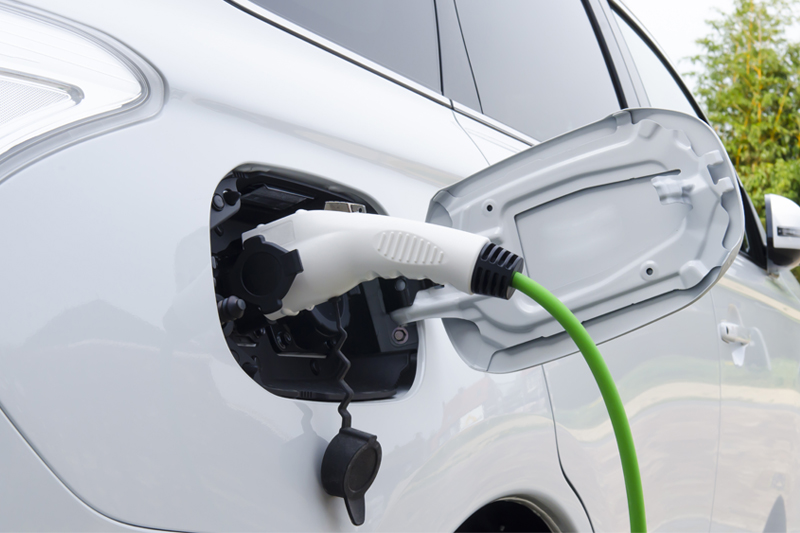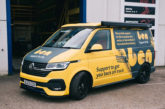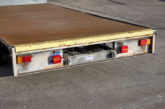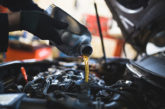
£400 million for electric charging infrastructure – how much for electric technician training?
Steve Nash, CEO of IMI urges government to focus on those who will work on electric cars as well as the charging infrastructure in Autumn Budget:
“The IMI welcomes the announcement, in the Autumn Budget, that £400m is being allocated to build the electric vehicle charging infrastructure. This is great news and puts the UK on a strong path for the wider adoption of this motoring technology. However, at the IMI, we hope that a proportion of this funding will be allocated to the training of the technicians who will work on these vehicles.
“The IMI has submitted evidence for Parliament’s consideration regarding a Licence to Practise for vehicle technicians working on the high-voltage systems of electric and hybrid vehicles. And the Secretary of State for Transport has indicated his interest in the skills opportunities presented by the new automotive technologies.
“In line with our proposals for regulation of those working on the high voltage systems of electric and hybrid vehicles, we have calculated that a relatively small investment of £30m could help accelerate the uptake of new skills, particularly across the independent service & repair sector.
“Currently only 1% of all technicians have been trained to work safely on the high-voltage technology, of which almost all of them work exclusively for manufacturers’ franchised dealers. We believe that the UK will fail to keep up with the global competition for the adoption of ultra-low emission vehicles (ULEVs) if more technicians aren’t given the training required to service these high powered vehicles.
Plus, there is an additional financial burden on those who want to drive electric vehicles – the current scarcity of appropriately trained individuals has already contributed to insurance premiums for EV’s being up to 50% higher than for comparable petrol or diesel cars.
“We must ensure the UK has the skills base to support motorists making an easy transition from petrol and diesel to electric and hybrid. Financial support to help those working in the service & repair sector, most particularly the independent operators, is crucial.”









